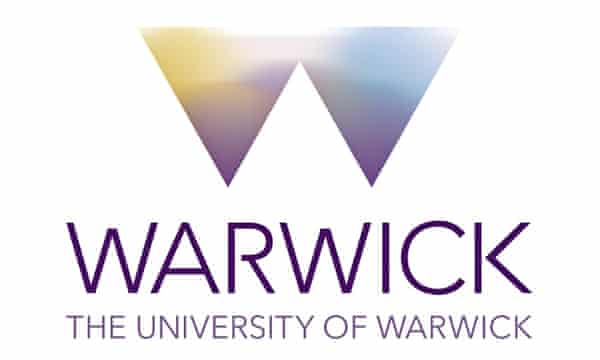University of Warwick AI research gets £2.6m grant
Artificial Intelligence (AI) will help to speed up colon cancer diagnoses, thanks to a £2.6m research grant.
A new study at the University of Warwick, funded by the National Institute for Health and Care Research (NIHR) will shed light on how AI can transform colon biopsy screening – streamlining diagnoses and helping to ease the pressure on NHS histopathology resources. The research will involve data from 10 NHS hospitals across the UK and more than 10,000 biopsy samples.
AI accelerates the diagnosis stage of colon abnormalities, such as cancers, by quickly eliminating healthy cells from its analysis and flagging any unusual tissue. The pioneering technology will automatically screen out normal biopsies so that pathologists can better use their resources analysing disease.
In this study, scientists will integrate AI into the screening procedure, helping to ease the pressure placed on pathologists. The researchers include Professor Nasir Rajpoot of the University of Warwick’s Computer Science department and co-lead Professor David Snead, consultant pathologist at University Hospital Coventry and Warwickshire, who have formed a company, Histofy, to roll-out the new technology to clinical partners.
Professor Rajpoot said: “There is great potential for AI in pathology. In particular, our revolutionary technology can significantly reduce the burden of colon biopsy screening, helping pathologists focus on cases that require special attention”.
Professor David Snead added: “This is a fantastic opportunity to be able to take one the tools we have been creating in the PathLAKE study and test it across the UK. This will change the way pathology is delivered across the globe.
“Patients get faster diagnoses because the normal cases receive an automated report from the computer running 24/7.
“Pathologists can go straight to those samples which contain disease and need their expertise and the NHS gets a huge help in dealing with the escalating workload and the need to diagnose cancer earlier.”
The consortium comprises ten NHS sites: Coventry, Nottingham, Cambridge, Oxford, Southampton, Glasgow, Newcastle, Durham, North Tees and Wolverhampton, who will provide a total of 10,000 biopsy samples for large-scale validation of the algorithm.

